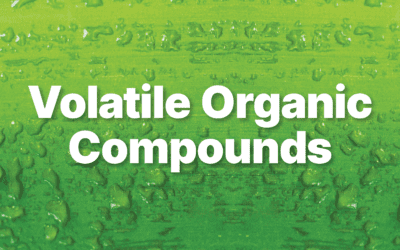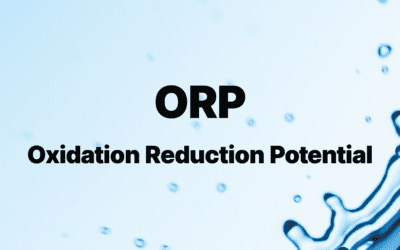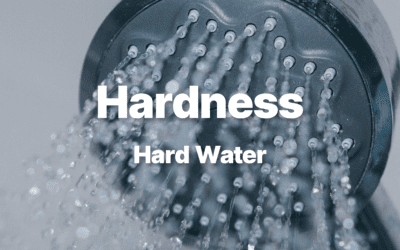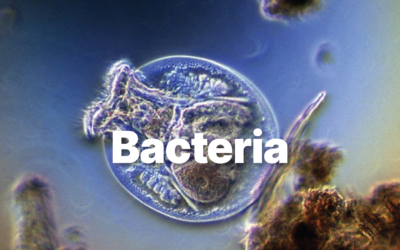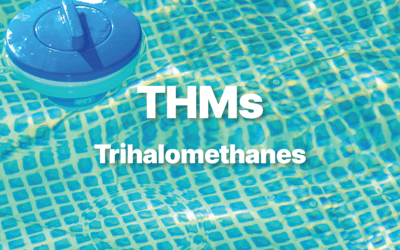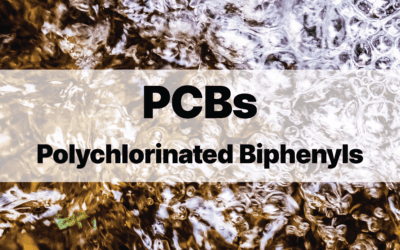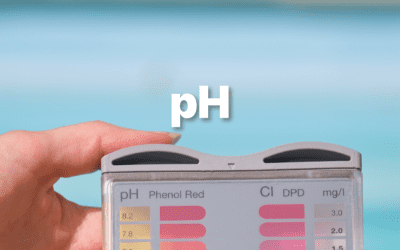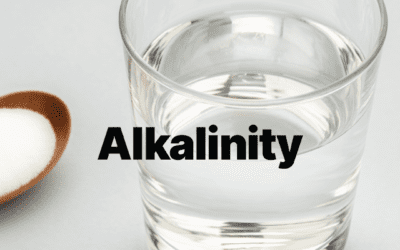Did you know?
That your water could potentially have more in it than you know!
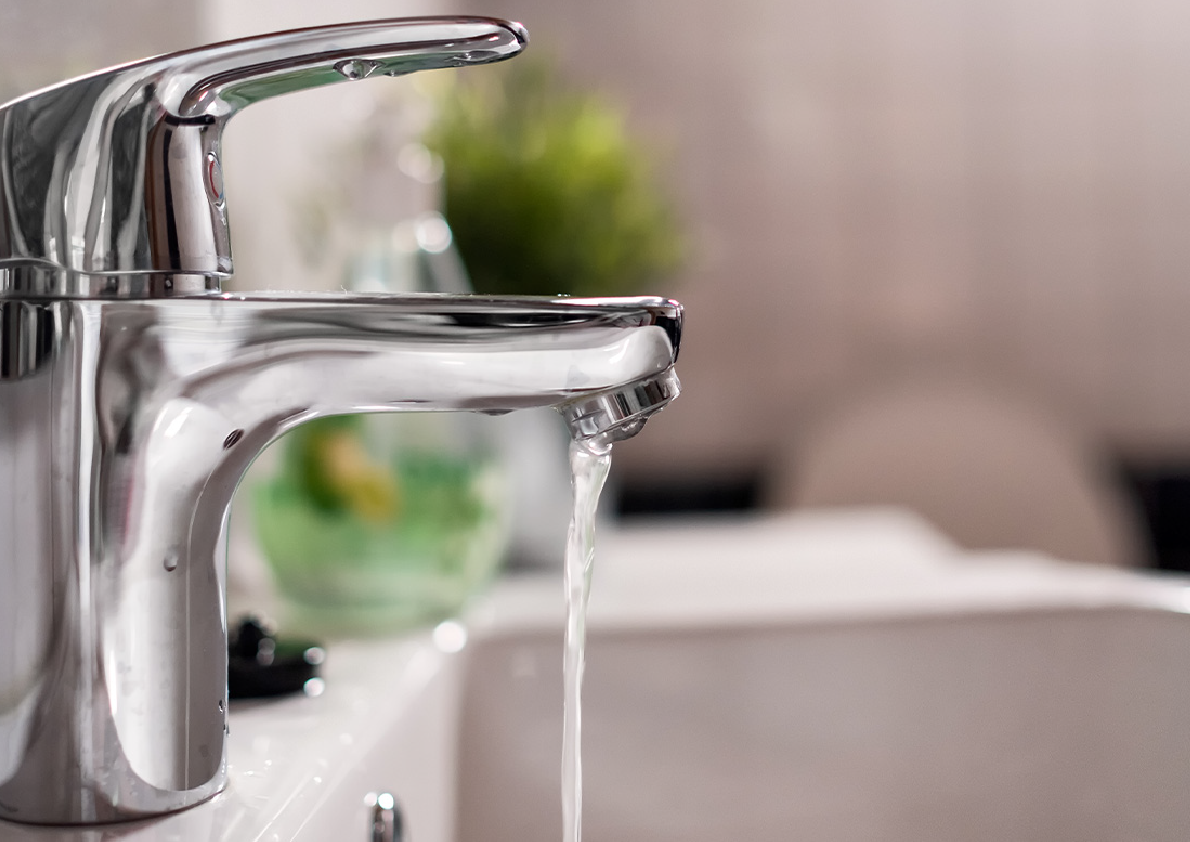
When you have a water test completed and the results are poor quality water, what do you do?
Call Sanatoga Water Conditioning right away for a FREE estimate on solutions to your specific water quality problems. We know water quality and the correct equipment to remove the elements that can harm your health and appliances.
Our facts sheet is split up into 6 sections! To view our options you can scroll through the page or access each section by clicking on the applicable buttons.
Elements Found In Untreated Water
Zinc
ZincZinc is considered an essential element in human and animal nutrition . IT can be naturally occurring , the most significant source being zinc ores : sphalerite (ZnS) and smithsonite (ZnC03). These compounds end up in water on locations where zinc ores are found....
Silver
SilverSilver is a relatively rare metal originating from natural sources and from industrial waste. Silver is used in many applications including photographic materials, alkaline batteries, jewelry, coins, mirrors, and tableware. Silver also has higher electrical...
Selenium
SeleniumSelenium is found naturally in food and soils. It is used in electronics, photocopy operations, glass manufacturing, chemicals, drugs, and as a fungicide and feed additive. It can cause dermatitis or affect the nervous system. Selenium is a metal found in...
Potassium
PotassiumPotassium is an essential element in humans. It is not commonly found in drinking water at levels that could be a concern to human health. However, the consumption of drinking water treated by water softeners using potassium chloride may significantly...
Nickel
NickelNickel is not commonly found in nature as a pure metal. Pure nickel is a hard silvery white metal. It is often combined with other metals such as iron, copper, chromium, and zinc to form alloys. These alloys are used to make coins, jewelry and useful items like...
Mercury
MercuryMercury is one of the least abundant elements in the earth’s crust. Mercury is a liquid metal found in natural deposits as ores containing other elements. This metal is used in electrical equipment and some water pumps. It usually gets into water as a result of...
Manganese
ManganeseManganese in water is a common, naturally occurring problem but can also be introduced by industry. It can produce a brownish discoloration and have a very unpleasant odor and taste. It may produce black deposits and black filaments. Chlorine bleach should...
Magnesium
MagnesiumMagnesium is commonly found in groundwater, which is surrounded by rocks such as granite, sandstone, limestone and dolomites. High levels can be a nuisance contributing to the hardness of the water and inhibiting performance of pipes and water...
Lead
LeadThe main source of lead in drinking water is leaching from lead piping and lead solders . Lead enters primarily in areas having soft, acidic waters. When elevated lead levels are found, consult a physician. Children and fetuses are especially sensitive to lead...
Iron
IronIron is one of the most common elements making up the earth’s crust, so it’s easy to understand why iron occurs in groundwater. Water is known as the “universal solvent”, meaning it dissolves anything it comes into contact with. So as water percolates through...
Copper
CopperWhat Is It? Water can be a significant source of copper intake depending upon the geographic location, water character, water temperature, and the presence of copper pipes. Copper is a metal found in natural deposits as ores containing other elements. It is...
Chromium
ChromiumChromium is a naturally occurring metal that can be found in rocks soils and plants. It has various industrial applications and is also used as a dietary supplement. Industrial uses include chrome plating, production of steel and other alloys , additive to...
Calcium
CalciumCalcium is a mineral, which exists in soil and rock formations such as limestone, dolomite and gypsum. Calcium is present in groundwater depending on the rock formation in the area. While calcium is a mineral needed by the body, drinking water contributes only...
Cadmium
CadmiumCadmium is a soft bluish-white metal that is somewhat rare; is naturally occurring in solids and geological formations and usually found in combination with other elements such as oxygen, chlorine or sulfur. It is mainly produced as a by-product from mining,...
Barium
BariumBarium is a silvery-white metal, which does not occur in nature in its elemental form but in a number of compounds. The two most common compounds include barium sulfate and barium carbonates, which are often found in underground deposits. Barium compounds are...
Arsenic
ArsenicArsenic is a naturally occurring element widely present in the environment. All humans are exposed to low levels of arsenic on a daily basis from food, water and air.It’s important to have water tested for arsenic because it imparts no odor, taste, or...
Aluminum
AluminumAluminum is the third most common element that makes up about eight percent of the Earth’s surface ; so, it is not surprising that it can show up in groundwater . While aluminum is naturally occurring , there are a variety of other ways it can work its way...
Ion Elements
Sulfate
SulfateSulfate is found in almost all-natural water. There are a couple of ways that sulfur can get into water supplies. It may enter through waste discharges, which could indicate septic leaching into the water supply. Sulfate and sulfuric acid is used in production...
Silica
SilicaSilica is a compound comprised of silicon and oxygen (Si02). It’s not surprising that many water supplies will contain some amount of silica since silicon it the second most abundant element. Silica is a hard glassy mineral substance, which can occur as sand,...
Nitrate & Nitrite
Nitrate & NitriteNitrates occur naturally; however, the major sources of nitrates or nitrites in drinking water include fertilizer, sewage, and feedlots. The toxicity of nitrate in humans is due to the body’s reduction of nitrate and nitrite. These contaminants...
Hydrogen Sulfide
Hydrogen SulfideA gas that can commonly be found in groundwater, hydrogen sulfide gives off an unpleasant “rotten egg” odor. The odor can be present with a concentration as low as 0.5 parts per million. Hydrogen sulfide can be a by-product of sulfur reducing bacteria...
Fluoride
FluorideFluoride is the ionic form of fluorine and commonly occurs in combinations with other elements . Fluoride can be naturally occurring in groundwater, but it commonly added to municipal water supplies to aid in the prevention of tooth decay. The city of Grand...
Organic Contaminants
Volatile Organic Compounds
Volatile Organic Chemicals (VOC)A majority of the compounds that are a result of contaminated sites and leaking underground storage tanks are chemicals that are considered volatile organic chemicals (VOCs) . Chemicals are called volatile because they rapidly vaporize...
ORP
Oxidation Reduction Potential (ORP)What Is ORP? Why Should We Measure It? ORP stands for Oxidation Reduction Potential. The measurement of ORP is not fully utilized and quite often misunderstood . ORP is a measurement of a solution’s oxidizing and reducing ability....
Hardness
HardnessHardness is usually caused by the presence of calcium and magnesium in water. They can combine with soap to form a scum on water and a ring around the tub. You may find larger amounts of soap are required to form washing suds.While hardness does not cause any...
Bacteria
BacteriaBacteria is a common microbial contaminant found in well water. A variety of things can contribute to the presence of bacteria in your well water.Total Coliform bacteria is a test performed to indicate the likelihood of harmful bacteria in the water supply. If...
Inorganic / Man-Made Contaminants
Trihalomethanes
Trihalomethanes (THMs)Trihalomethanes (THMs) are in many water supplies , especially municipal water supplies where it may be formed as a by-product of the reaction of chlorine and organic matter. The amount of THM formation is based upon several factors including:...
Pesticides & Herbicides
Pesticides & HerbicidesWhat Are Pesticides & Herbicides? Though often misunderstood to refer only to insecticides, the term pesticide also applies to herbicides, fungicides, and various other substances used to control pests. Many of household items contain...
Polychlorinated Biphenyls
Polychlorinated Biphenyls (PCBs)Polychlorinated biphenyls (PCBs) are a group of organic chemicals which can be odorless or mildly aromatic solids or oily liquids. They were formerly used in the USA as hydraulic fluids, plasticizers, adhesives, fire retardants, way...
Hybrid Contaminants
Turbidity
TurbidityTurbidity is basically a measurement of cloudiness in a water sample. It is caused by suspended matter, such as clay, silt, fine particles of organic and inorganic matter, and microscopic organisms. A turbid sample may not appear clear to the naked eye....
Total Dissolved Solids
Total Dissolved Solids (TDS)What Is TDS? TDS stands for total dissolved solids and is a measurement of inorganic and organic substances that are dissolved in water. Technically speaking , dissolved solids are defined as solids that can be passed through a sieve size...
Measurement Systems
pH
pHWhat Is It & Why Is It Important? It is a measure of how acidic or basic a solution. The pH scale goes from 0 to 14 with 7 being neutral and anything below 7 is considered acidic and anything above considered basic or alkaline. It is a measurement of the...
Alkalinity
AlkalinityThe Water Quality Association defines alkalinity as the quantitative capacity of water to neutralize an acid; that is, the measure of how much acid can be added to a liquid without causing a significant change in pH. Alkalinity is often confused with pH as...
Need To Save Money On Cleaning Supplies?
Schedule A Visit Today
We prefer to come out to the home to give estimates but can give one over the phone if necessary.
Contact Sanatoga Water Conditioning To Learn More Or To Schedule Your Free Estimate.
Your Neighbors Love Their Cleaner, Safer, Better Water!
Our dedication to our customers is continually rewarded with referrals and testimonials about our water quality solutions!























